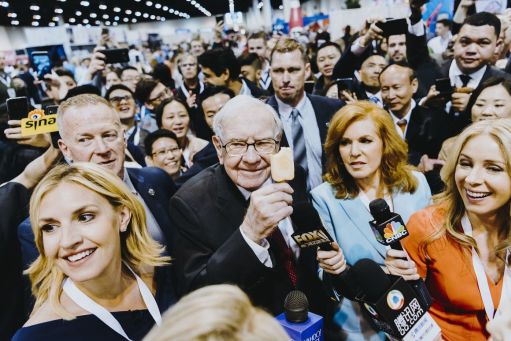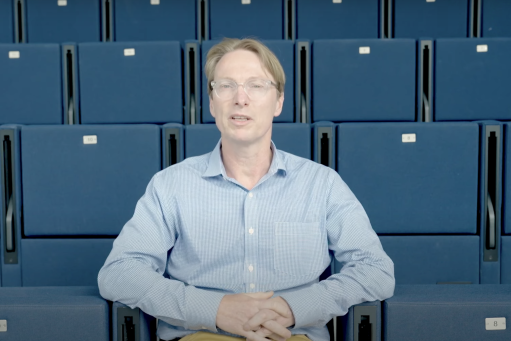How the Pandemic Has Altered the Real Estate Market
Government policy will play a crucial role in the future of the residential and commercial market.
From the cities to the suburbs, the pandemic has sent a shockwave through the US real estate market.
According to finance professor Tomasz Piskorski, the future of both the residential and commercial market is dependent on government policy decisions in the coming months.
“When you try to predict what will happen to the real estate economy, you make your stand on the nature of the policy response,” he said.
Piskorski, the Edward G. Gordon Professor of Real Estate, compared the current crisis to the Great Recession, noting that many of the reforms put in place after the subprime crisis, as well as government relief efforts such as the CARES Act, have helped sustain some sectors of the market.
While those government interventions have been vital, the outlook for both residential and commercial real estate is also dependent on several unknown factors, such as the impact of unemployment and the role of mortgage forbearances.
Piskorski, however, offered one silver lining: 30-year fixed rate mortgage rates are at 2.88 percent, a historic low.
“It helps make housing affordable and it has stimulated a huge refinancing boom,” he said.
More Webinars

Why Value Investing is Making a Comeback
Professor Tano Santos, the Faculty Director of Value Investing and Advanced Value Investing programs at Columbia Business School, outlines the reasons why value investing is returning to a period of ascendancy.

What Will Drive the Global Markets in 2023?
Columbia Business School Professor Abby Joseph Cohen recently joined former Dean Glenn Hubbard to discuss the forces that could shape the economy and markets in the year ahead.

5 Questions About Value Investing and Finance
Professor Tano Santos, the Faculty Director of Value Investing and Advanced Value Investing programs at Columbia Business School, discusses the school’s approach to teaching value investing and finance.

How Will Working From Home Impact Office Real Estate?
Stijn Van Nieuwerburgh, the Earle W. Kazis and Benjamin Schore Professor of Real Estate at Columbia Business School, discusses his new research on the impact of remote work on the New York City commercial real estate sector.
Rise to the challenge.
The COVID-19 pandemic has changed the world of business, while bringing historical inequities and injustice into sharp relief.
Subscribe to Leading Through Change to receive the latest insights from Columbia Business School to help you navigate this unprecedented time.
